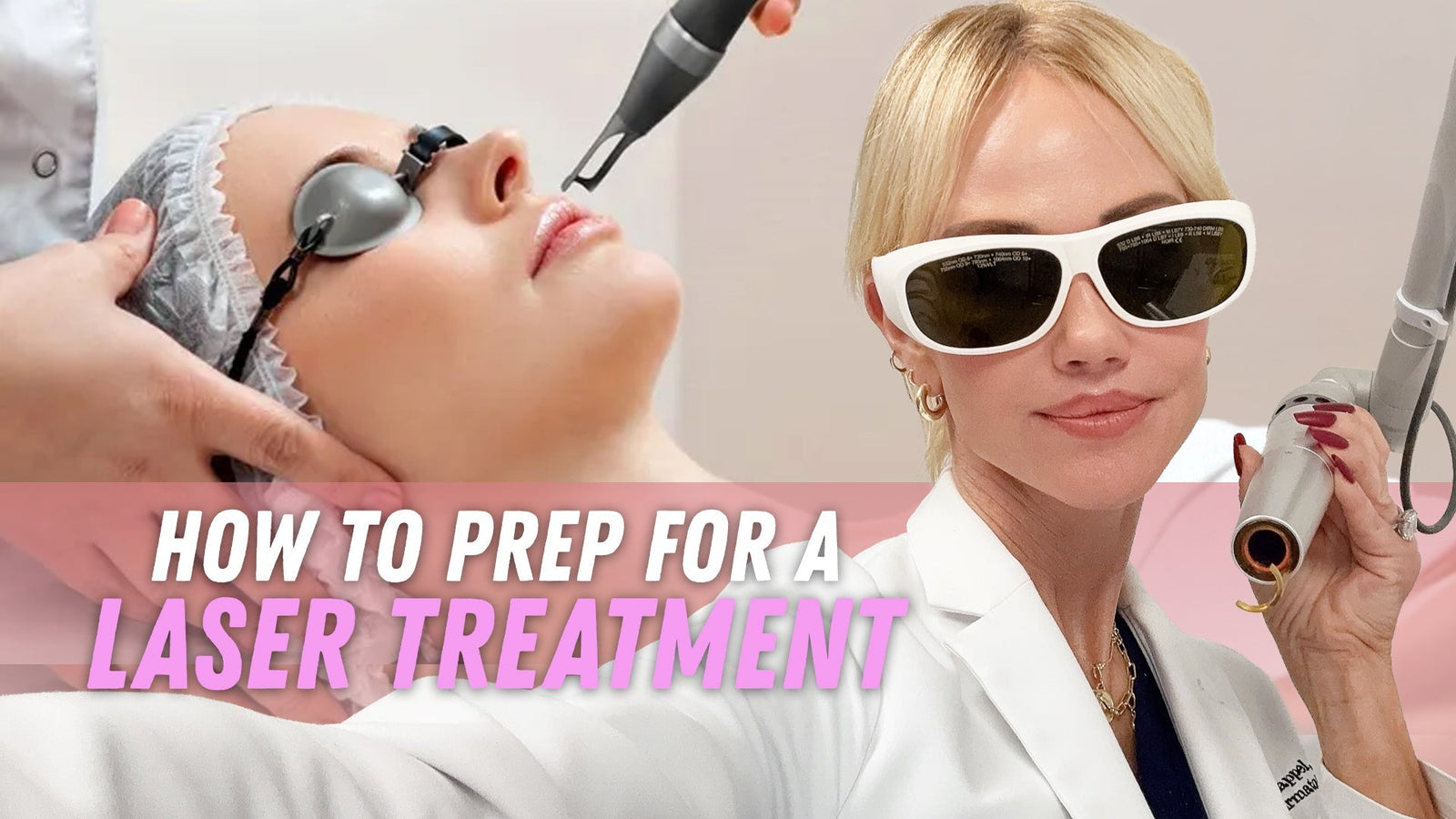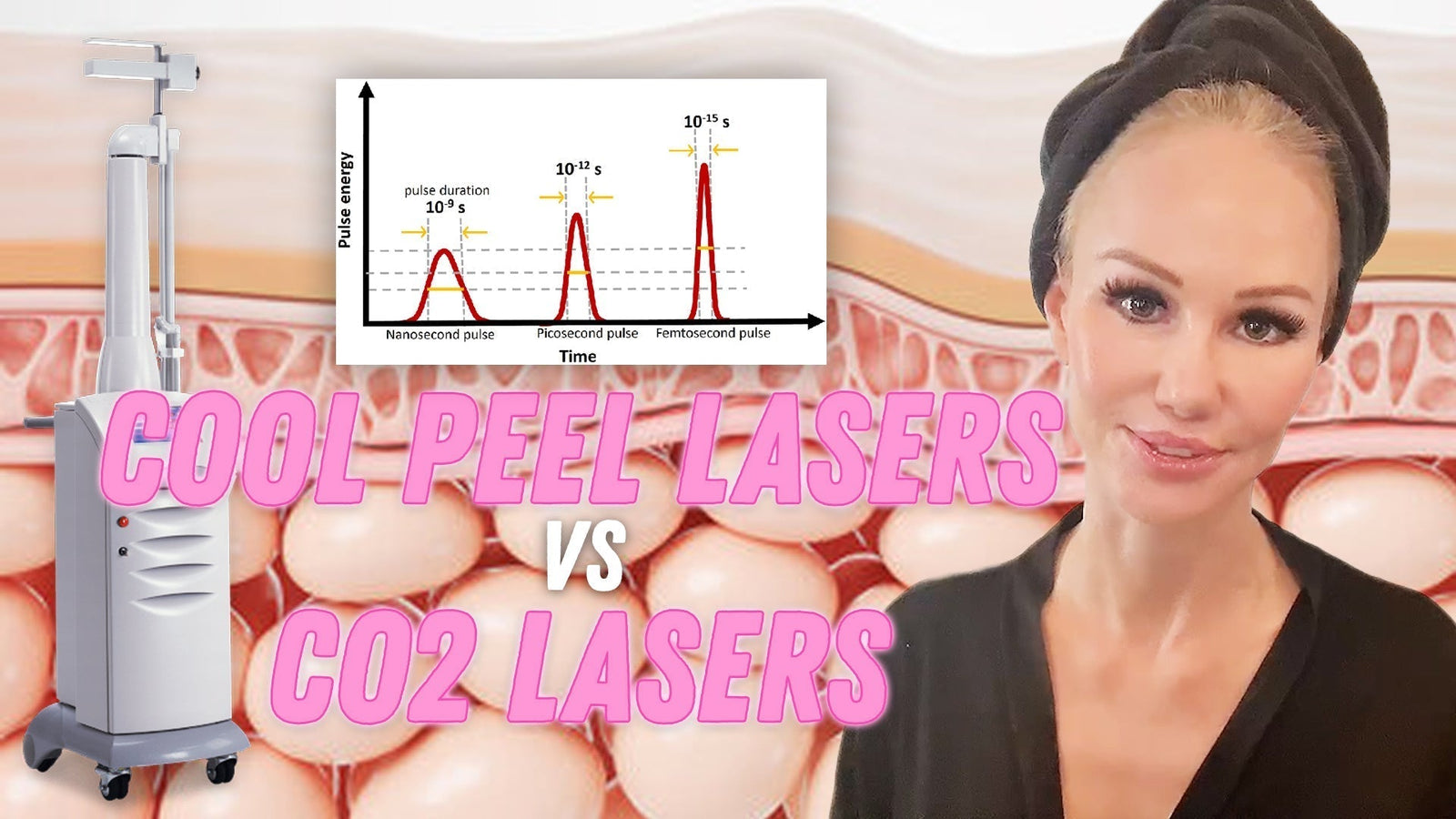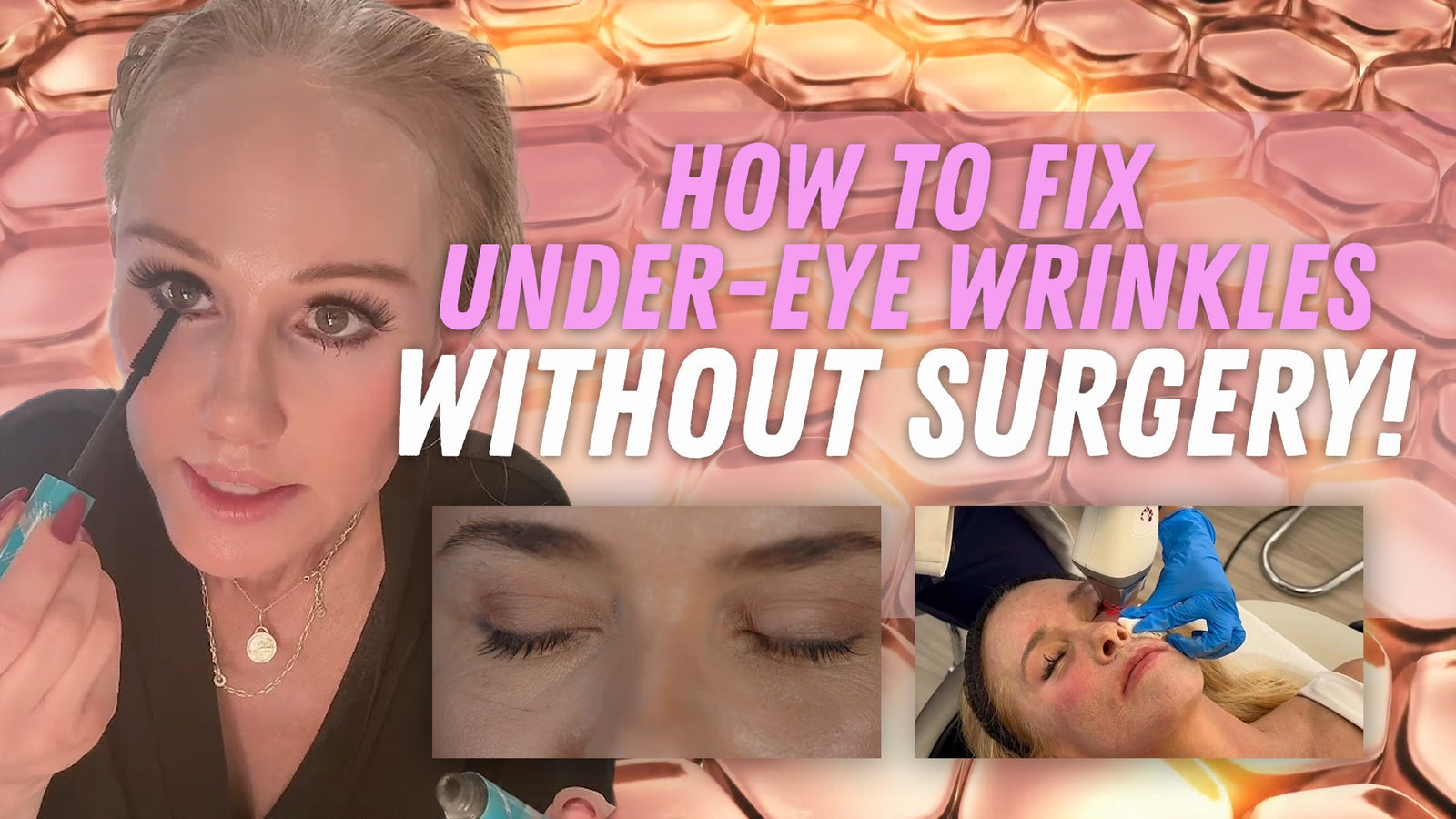In today's world of beauty and skincare, the allure of at-home devices promising flawless skin and hair removal can be irresistible.
But as a board-certified dermatologist, I've seen the confusion and misinformation surrounding these products. Today, I'll shed light on the science behind at-home LED masks, IPL devices, and laser hair removal tools.
Watch the corresponding YouTube video to join me as I navigate through what’s hype and what’s science.
Understanding FDA Clearance vs. Approval
Before delving into specific devices, it's crucial to understand the distinction between FDA clearance and FDA approval.FDA-approved devices undergo rigorous testing and clinical trials, ensuring safety and efficacy.
On the other hand, FDA-cleared devices are deemed equivalent to existing products but may lack extensive clinical data.
This difference underscores the importance of caution when considering at-home beauty devices.
LED Masks: Shedding Light on Light Therapy
LED masks, touted for their ability to address various skin concerns, utilize light emitting diodes (LEDs) to stimulate cellular activity. While red light may promote collagen production, blue light targets acne-causing bacteria.
However, the indiscriminate nature of LED light raises concerns about potential side effects, such as hyperpigmentation.
Despite their popularity, LED masks lack the precision and efficacy of medical-grade lasers, highlighting the importance of managing expectations.
IPL Devices: The Pitfalls of Intense Pulse Light:
Intense Pulse Light (IPL) devices offer convenient hair removal solutions at home.
However, unlike medical-grade lasers, IPL emits broad-spectrum light, posing risks of unintended pigmentation changes or adverse reactions, particularly in individuals with darker skin tones.
Without proper training or personalized treatment settings, users may unknowingly exacerbate skin conditions or achieve suboptimal results.

Navigating Misinformation and Unethical Marketing
In an industry inundated with sponsorships and affiliate links, separating fact from fiction can be challenging. Many at-home beauty devices make bold claims without robust scientific evidence to support them.
Additionally, some healthcare professionals endorse these products for financial gain, disregarding potential complications or inadequate outcomes. As consumers, it's essential to scrutinize marketing claims and prioritize safety over convenience.
Alternatives and Recommendations:
While at-home devices may seem appealing, alternative options offer more reliable and cost-effective solutions.
Medical-grade skincare products containing ingredients like retinol and vitamin C can stimulate collagen production and improve skin texture without the risk of adverse reactions. Additionally, professional treatments such as laser therapy provide superior results under the supervision of trained dermatologists.
Watch the corresponding YouTube video for a deeper dive into the science of LED masks and at home Laser Hair Removal devices and appropriate alternatives to consider.
Navigating the landscape of at-home beauty devices requires discernment and caution.
While these products offer convenience, they often fall short of delivering the promised results. By understanding the limitations and risks associated with at-home devices, consumers can make informed decisions about their skincare regimen.
In the next installment of this series, we'll explore advanced treatments for face lifting, tightening, and anti-aging.
Stay tuned for more insights into achieving radiant, healthy skin without compromising safety or efficacy.
MDAiRE SKINCARE
If you’re looking for an skincare product with to help anti-aging, youthful glow, and hydration, check out our skincare line HERE



